Duval Vascular Center is a vascular treatment facility established in 2016. Located in the heart of Jacksonville, we service all areas of Northeast Florida and Southeast Georgia. We are part of the American Vascular Center network that has been providing excellence in care for over a decade, thereby enhancing our patients’ trust as we empower them with quality healthcare.
We promise to always collaborate with your healthcare providers to tailor a treatment plan that best suits your needs. We are also dedicated to providing timely, knowledgeable care in a warm and comfortable setting.




